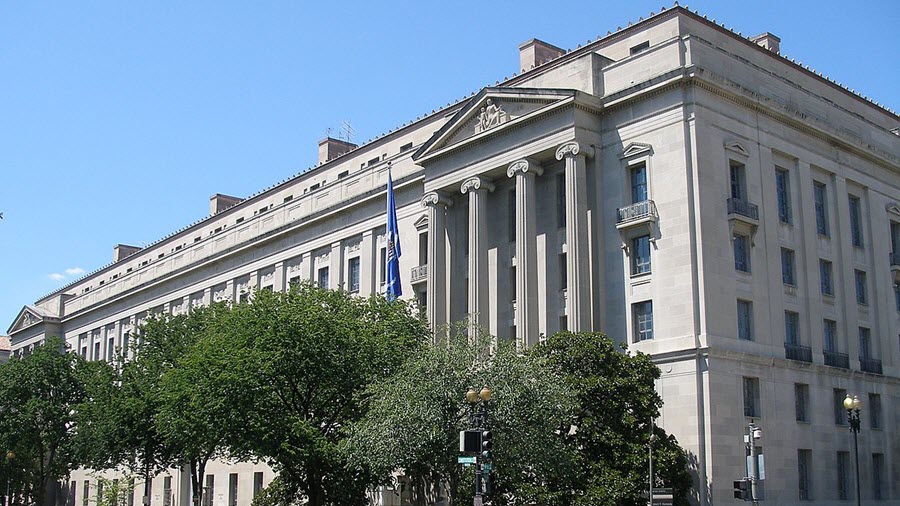Justice Dept. Takes Aim at the Edge

The smarter way to stay on top of broadcasting and cable industry. Sign up below
You are now subscribed
Your newsletter sign-up was successful
Add the Department of Justice to the lengthening list of those taking a long, hard look at the power and practices of social media companies.
In the wake of a U.S. Senate hearing with top executives from Facebook and Twitter Wednesday (Sept. 5), Department of Justice spokesman Devin O’Malley said Attorney General Jeff Sessions will meet with state attorneys general to talk about whether such platforms are “intentionally stifling” expression and ideas.
There has been a growing tide of pushback on edge providers from both sides of the political aisle, with Republicans most concerned about the perceived bias, but also suggesting, more broadly, that self-regulation is better than new government dictates. Democrats have been more vocal about the need to step in and regulate, focused more on issues of privacy, security, data sharing and election meddling.
But there is sufficient concern on both sides — Republicans are worried about third-party data sharing and breaches as well — to bring regulating edge providers into the conversation. That conversation formerly focused almost exclusively on internet service providers, which have been encouraging the government to take that harder look at the edge.
President Donald Trump has recently accused Twitter and Facebook and Google of censoring conservative speech, an issue that came up in the Senate hearing with Twitter CEO Jack Dorsey and Facebook chief operating officer Sheryl Sandberg and was the focus of another Wednesday hearing in the House Energy & Commerce Committee with Dorsey.
Trump was echoing Hill Republican complaints of censorship, including of their own speech. Democrats see that focus as a way to rally the conservative base and raise money for the midterms.
The issue was previously in the spotlight last April, when Facebook CEO Mark Zuckerberg agreed there were legitimate concerns about a liberal Silicon Valley bias, and conceded Facebook content reviewers had made some mistakes with some content calls, though he said there were not top-down directives on speech beyond trying to weed out hate speech, violence, terrorism and content that made its social media community uncomfortable.
The smarter way to stay on top of broadcasting and cable industry. Sign up below
Conservative outlets, including Breitbart.com and Project Veritas, have cited what they said were former and current Twitter employees in stories alleging “shadow banning” of conservative and pro-Trump content, something Dorsey said this week was not happening.
“Twitter does not use political ideology to make any decisions, whether related to ranking content on our service or how we enforce our rules,” Dorsey told the Senate Intelligence and House Energy & Commerce Committees.
But as more decisions are made via artificial intelligence, he conceded, it was important to make sure they were “unbiased outcomes.”
Contributing editor John Eggerton has been an editor and/or writer on media regulation, legislation and policy for over four decades, including covering the FCC, FTC, Congress, the major media trade associations, and the federal courts. In addition to Multichannel News and Broadcasting + Cable, his work has appeared in Radio World, TV Technology, TV Fax, This Week in Consumer Electronics, Variety and the Encyclopedia Britannica.

